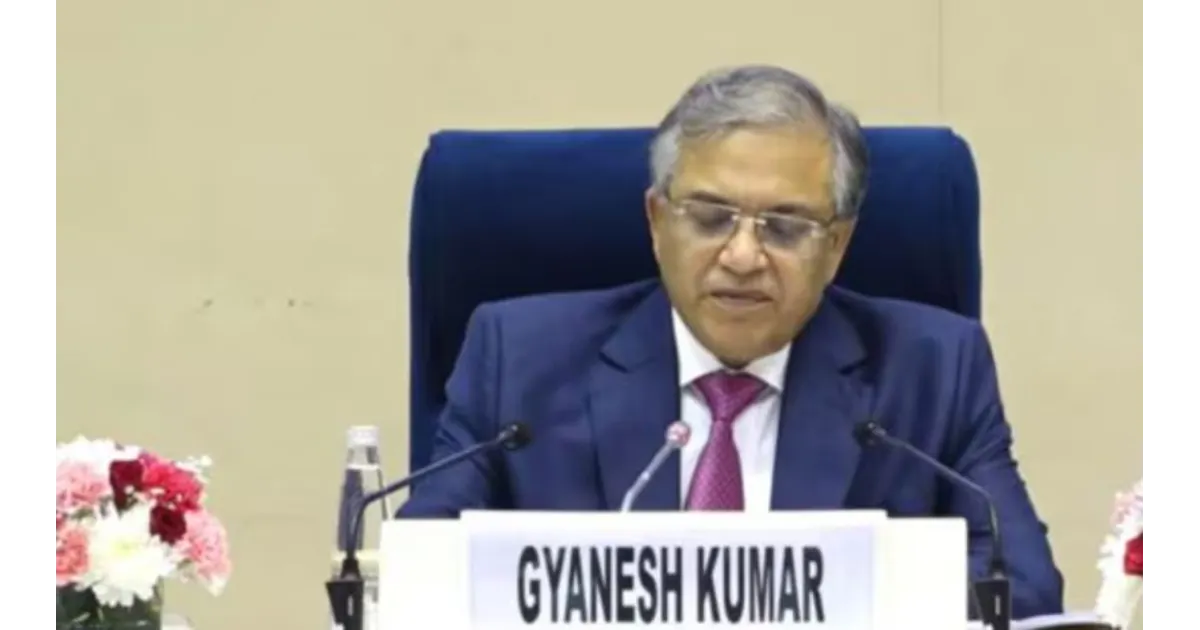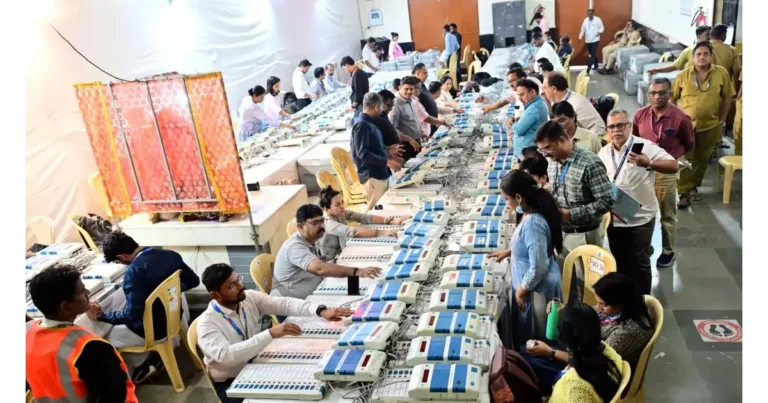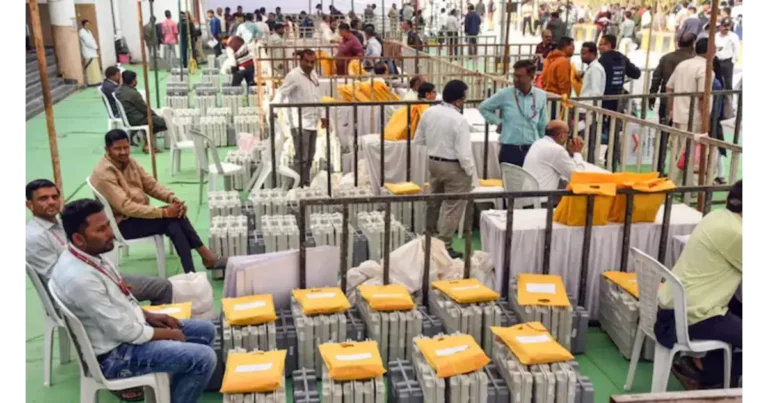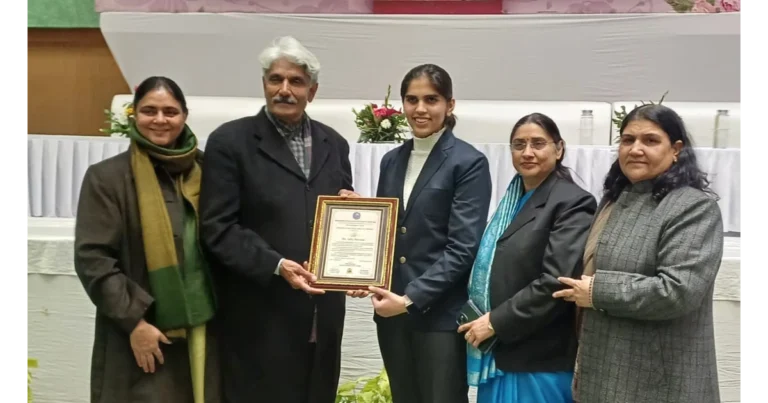
A Nationwide Initiative After 21 Years
The Election Commission of India has launched Phase Two of the Special Intensive Voter Roll Revision (SIR) — a massive nationwide exercise taking place after more than two decades. This phase covers two states heading for assembly elections next year — West Bengal and Tamil Nadu. Surprisingly, Assam, another politically significant state, has been excluded from the list.
The Assam Exception
Explaining the omission, Chief Election Commissioner Gyanesh Kumar clarified that Assam’s citizenship regulations differ from the rest of India. “There will be separate revision orders issued for Assam, and a different SIR date will be announced,” he said. This distinction arises because Assam operates under a special citizenship provision defined in Section 6A of the Citizenship Act.
Understanding Section 6A and Citizenship Rules
Under this rule, individuals of Indian origin who entered Assam from Bangladesh between January 1, 1966, and March 25, 1971, can apply for Indian citizenship after completing a formal registration process. Those who entered before January 1, 1966, are automatically recognized as Indian citizens, while anyone who arrived after March 25, 1971, is classified as an illegal migrant. Citizenship disputes in such cases are handled by specially constituted Foreigners’ Tribunals across the state.
Assam’s Complicated NRC Legacy
Assam’s voter roll revision is expected to be a challenging task due to the lingering impact of the National Register of Citizens (NRC) controversy. Six years ago, the NRC exercise aimed to identify illegal immigrants but ended up excluding over 19 lakh residents, many of whom claimed to be genuine citizens. The incomplete process, yet to be officially notified by the Centre, triggered widespread protests and political unrest. Opposition parties have long argued that the NRC erroneously excluded Indian citizens while allowing foreigners to remain on the list.
Opposition Concerns Over the SIR
Similar apprehensions have surfaced regarding the Special Intensive Revision. Critics allege that the process could disenfranchise poor and marginalized voters, a claim the Election Commission firmly denies. In Bihar, where the first phase of the SIR was completed earlier this year, about 66 lakh names were removed from voter rolls. The Commission explained that these names belonged to migrants, duplicate voters, or deceased individuals, adding that no formal complaints were received regarding wrongful exclusions.
States Included in Phase Two
The second phase of the voter list revision will cover 12 states and Union Territories — Andaman and Nicobar Islands, Chhattisgarh, Goa, Gujarat, Kerala, Lakshadweep, Madhya Pradesh, Puducherry, Rajasthan, Tamil Nadu, Uttar Pradesh, and West Bengal. The first phase began in Bihar during June–July, coinciding with the upcoming assembly elections.
Timeline of the New Revision
According to the Election Commission’s schedule, the enumeration stage for Phase Two will run from November 4 to December 4, followed by the release of draft electoral rolls on December 9. The exercise aims to ensure transparency, accuracy, and inclusivity in India’s electoral rolls before the 2026 election cycle.






